7 color photographs
62 x 83 cm each
Edition of 7 + 2 AP
Installation view title: 7th Gwangju Biennale, 2008
Postcards, 2007
Color photographs














7 color photographs
83 x 62 cm each
Edition of 7 + 2 AP
Peter Friedl

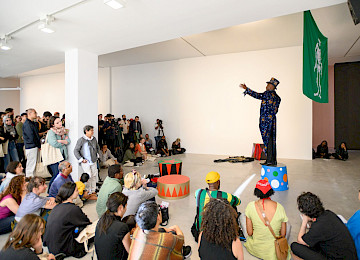
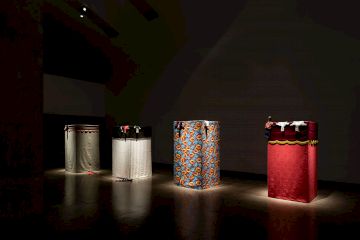
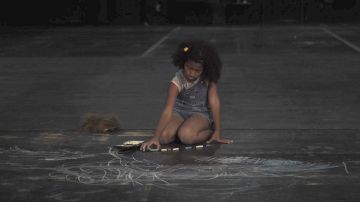
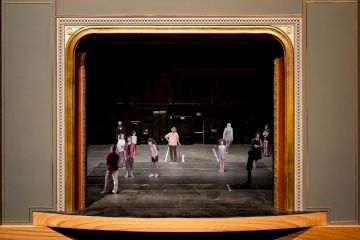
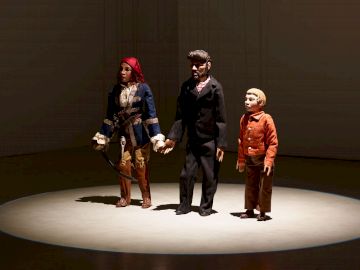

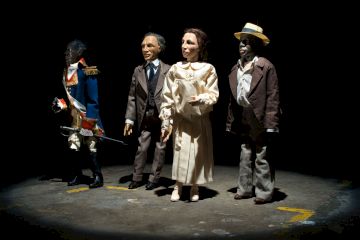
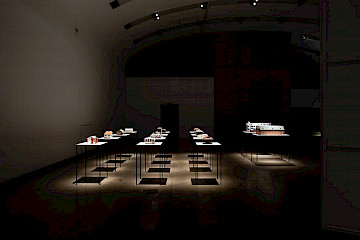

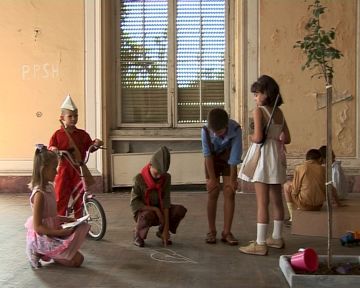

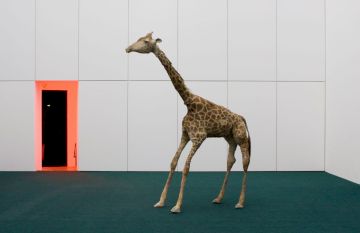
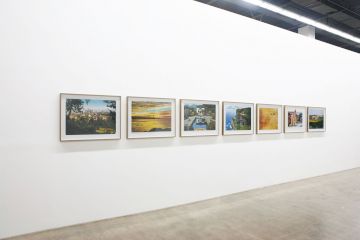


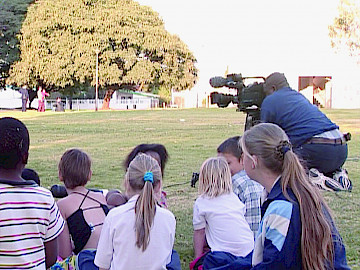
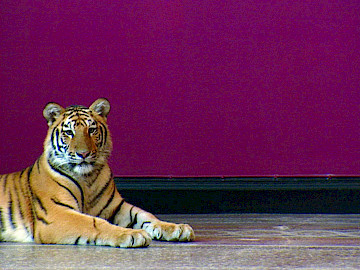

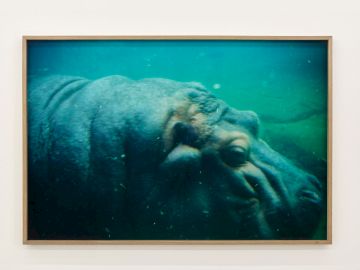
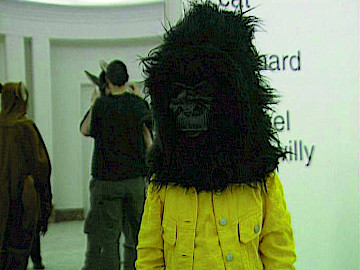
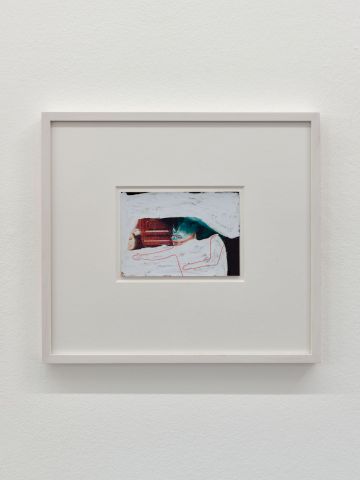
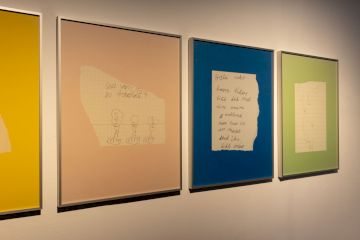

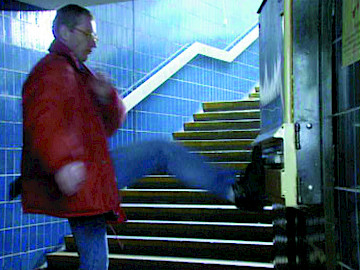
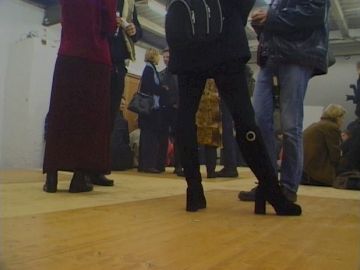
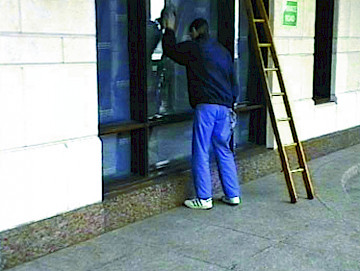
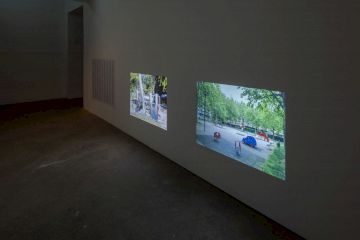

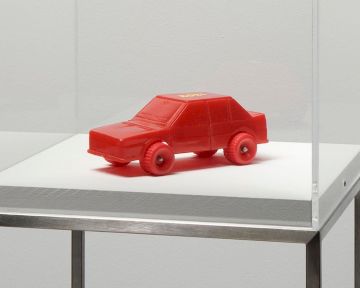
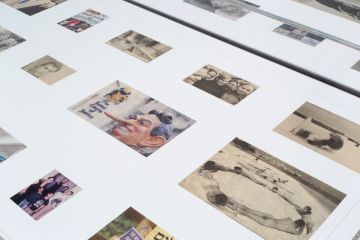
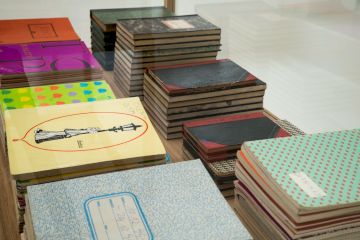

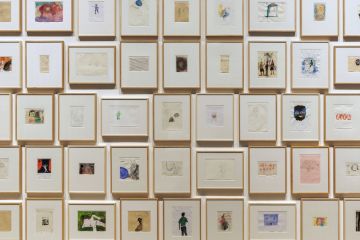
Peter Friedl is a classic of contemporary art. The three-time documenta participant, born in 1960, can be considered a notorious participant in discourse - because his work has always understood how to address major themes in such a way that they found and find new forms away from the canon and mainstream. Forms that run counter to power and domination, subvert them, escape them.... and confront them in the process. Friedl takes away from history - for example colonialism or modernity, its paradigms and institutions - the power to define what is connected and how, and with an almost innocent-seeming aesthetic he tells a different story about humans and historical actions than we are used to and may find opportune. Peter Friedl provokes that which dominates us, including our own thinking. Throughout the years he his work has been displayed in meaningful solo exhibitions, most recently Teatro Popular (KOW Berlin, 2023), Report 1964-2022 (KW Berlin 2022) and No Prey, No Pay (Guido Costa Projects Turin, 2021) and major group exhibitions such as Life, Without Buildings, Gta exhibitions (ETH Zurich 2022), Das Auto rosi aber (KOW Berlin 2022) and Komunikazion - Inkomunikazio (Tabakalera, Centre for Contemporary Art, San Sebastian 2021).
- Anna Boghiguian
- Candice Breitz
- Marco A. Castillo
- CATPC
- Alice Creischer
- Chto Delat
- Clegg & Guttmann
- Eugenio Dittborn
- Heinrich Dunst
- Anna Ehrenstein
- Peter Friedl
- Sophie Gogl
- Barbara Hammer
- Ramon Haze
- Hiwa K
- Hudinilson Jr.
- Simon Lehner
- Renzo Martens
- Oswald Oberhuber
- Mario Pfeifer
- Dierk Schmidt
- Santiago Sierra
- Michael E. Smith
- Franz Erhard Walther
- Clemens von Wedemeyer
- Tobias Zielony